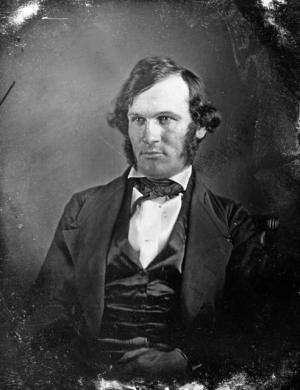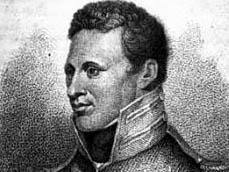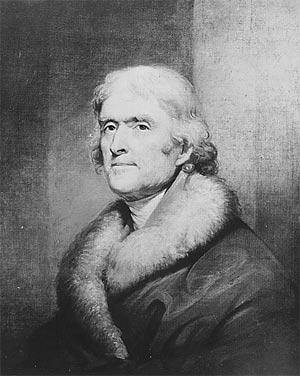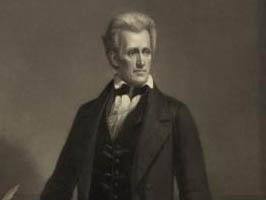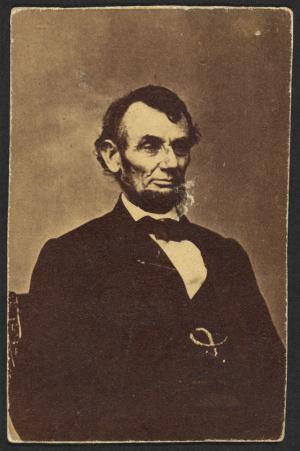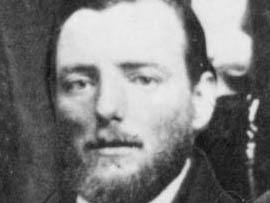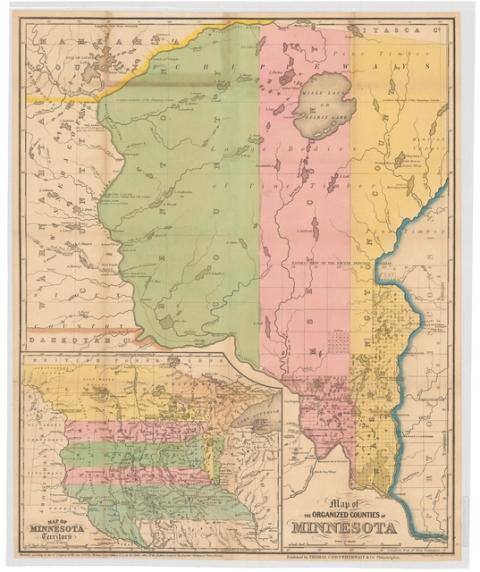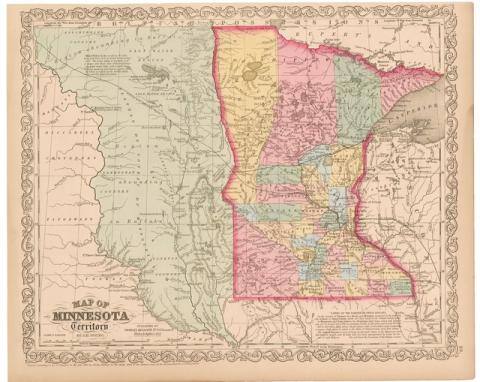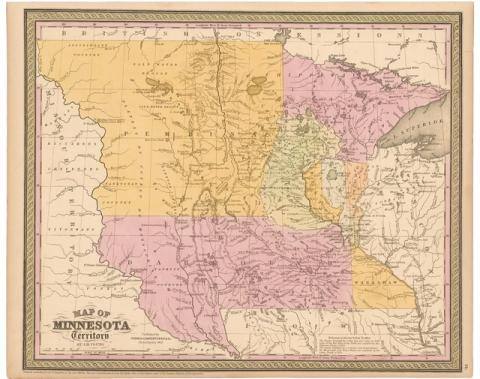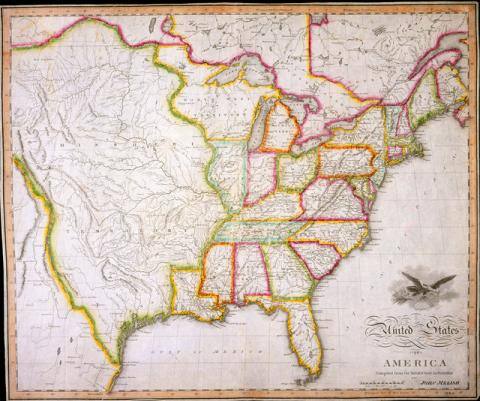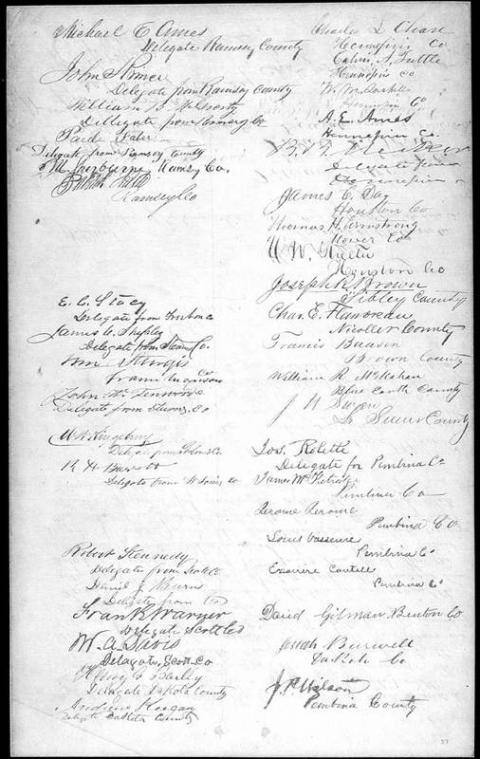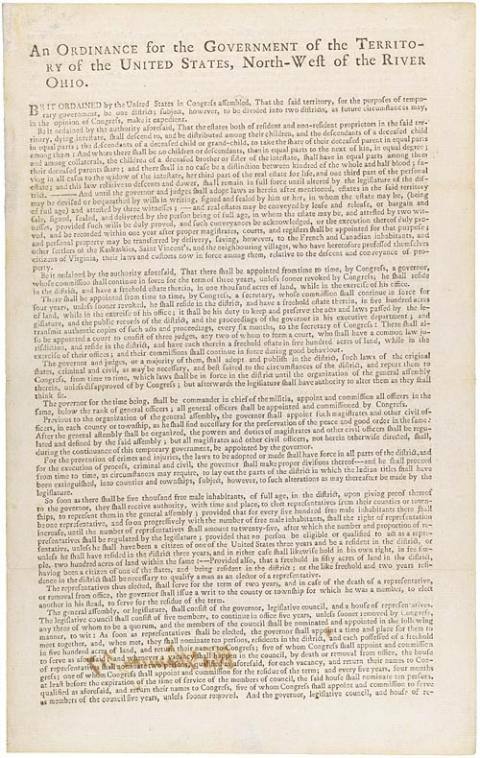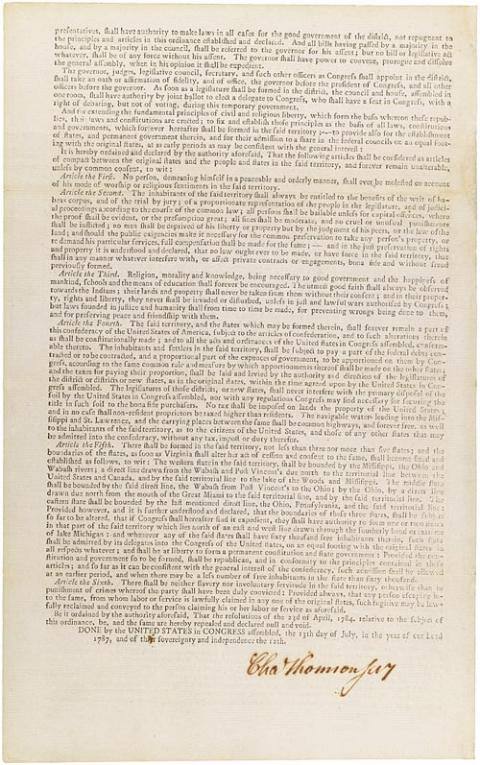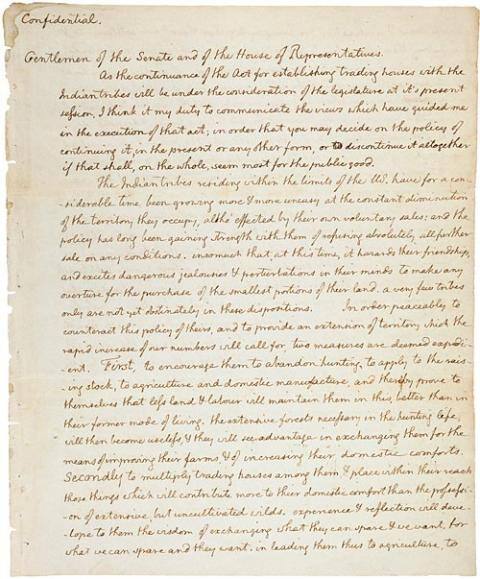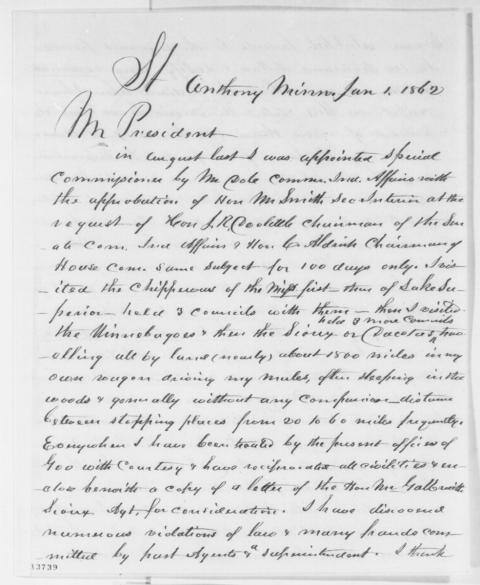Bibliography
Anderson, Gary Clayton. Kinsmen of Another Kind: Dakota-White Relations in the Upper Mississippi Valley, 1650-1862. St. Paul: Minnesota Historical Society Press, 1984.
Newcomb, Steve. Five Hundred Years of Injustice:The Legacy of Fifteenth Century Religious Prejudice. Shaman's Drum. Fall 1992, p. 18-20.
Prucha, Frances Paul. American Indian Treaties: The History of a Political Anomaly. Los Angeles: University of California Press, 1994.
Prucha, Frances Paul. Documents of United States Indian Policy. Lincoln: University of Nebraska Press, 2000.
Prucha, Francis Paul. The Great Father: The United States Government and the American Indians. Abridged Ed. Lincoln: University of Nebraska Press, 1986.
Sheehan, Bernard W. Seeds of Extinction: Jeffersonian Philanthropy and the American Indian. New York: W. W. Norton & Co., 1973.
Spicer, Edward H. A Short History of the Indians of the United States. New York: Van Nostrand Reinhold, 1969.
Wallace, Anthony F. C. Jefferson and the Indians: The Tragic Fate of the First Americans. Cambridge, Massachusetts: Harvard University Press, 1999.

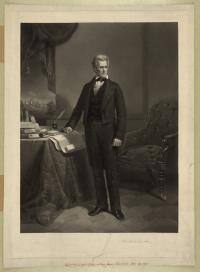 "That those tribes cannot exist surrounded by our settlements and in continual contact with our citizens is certain. . . . Established in the midst of another and a superior race, and without appreciating the causes of their inferiority or seeking to control them, they must necessarily yield to the force of circumstances and ere long disappear."
"That those tribes cannot exist surrounded by our settlements and in continual contact with our citizens is certain. . . . Established in the midst of another and a superior race, and without appreciating the causes of their inferiority or seeking to control them, they must necessarily yield to the force of circumstances and ere long disappear."